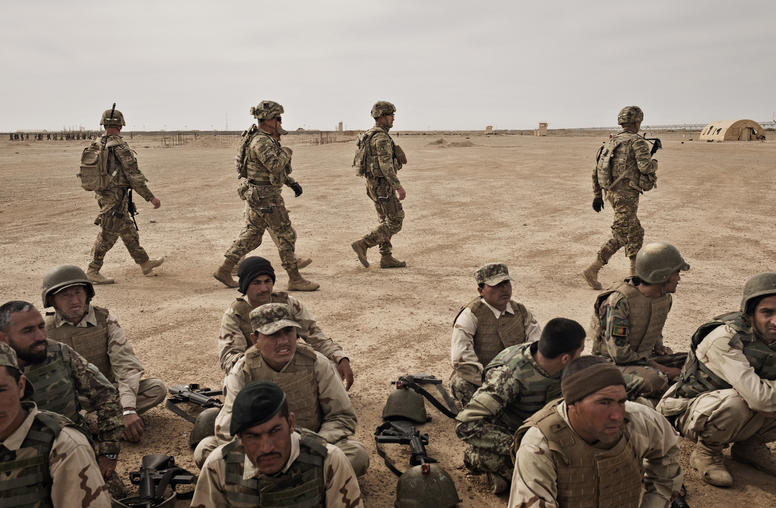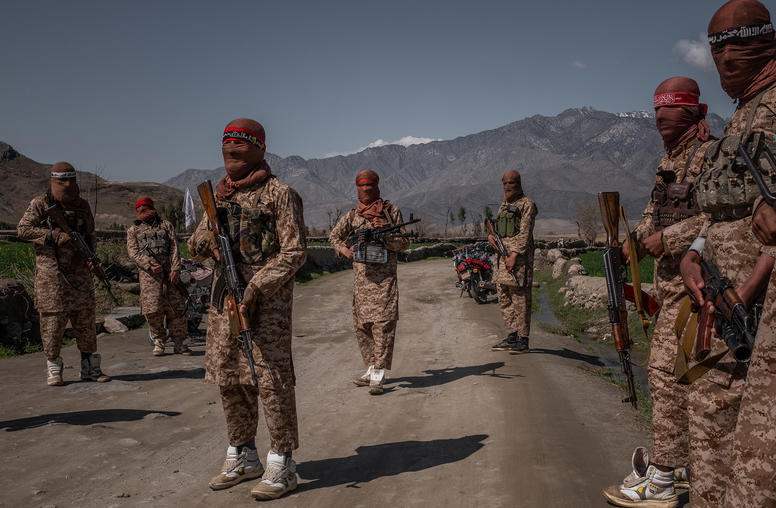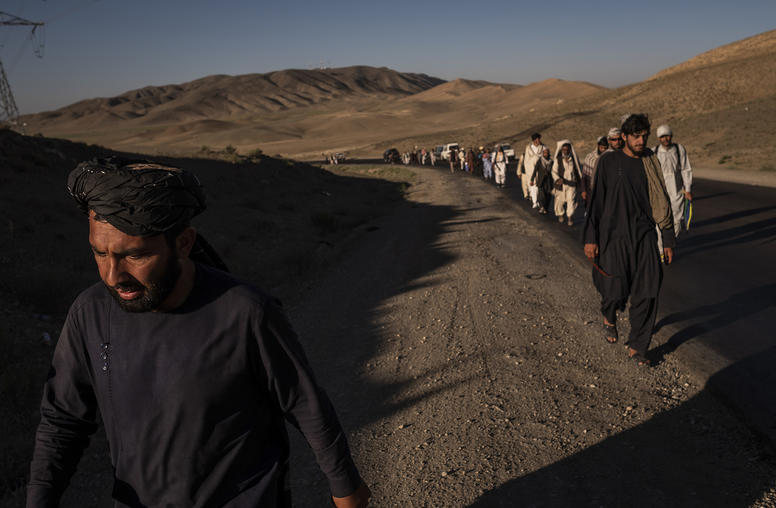Andrew Wilder, Ph.D.
Contact
Please submit all media inquiries to interviews@usip.org or call 202.429.3869.
For all other inquiries, please call 202.457.1700
Dr. Andrew Wilder has served as the vice president of USIP’s Asia Center since 2015. He joined USIP in August 2010, and previously served as the director of Afghanistan and Pakistan programs (2010-2013) and vice president of South and Central Asia programs (2013-2015). In 2021, Dr. Wilder was appointed to serve as a member of the Afghanistan War Commission, a bipartisan legislative commission established by the U.S. Congress to conduct a comprehensive review of key decisions related to U.S. involvement in Afghanistan from 2001 to 2021.
Prior to joining the Institute, he served as research director for politics and policy at the Feinstein International Center at Tufts University. Previously, Dr. Wilder served as founder and director of Afghanistan's first independent policy research institution, the Kabul-based Afghanistan Research and Evaluation Unit (AREU). This was preceded by more than 10 years managing humanitarian and development programs in Pakistan and Afghanistan, including with Save the Children, International Rescue Committee, and Mercy Corps International.
Dr. Wilder holds a bachelor’s degree in foreign service from Georgetown University, and a master’s degree in law and diplomacy and a doctorate from the Fletcher School of Law and Diplomacy at Tufts University. Dr. Wilder is the author of The Pakistani Voter: Electoral Politics and Voting Behaviour in the Punjab (Oxford University Press, 1999), and has written numerous other publications. He has conducted extensive research exploring issues relating to state-building, development and stabilization efforts in Afghanistan and Pakistan.



